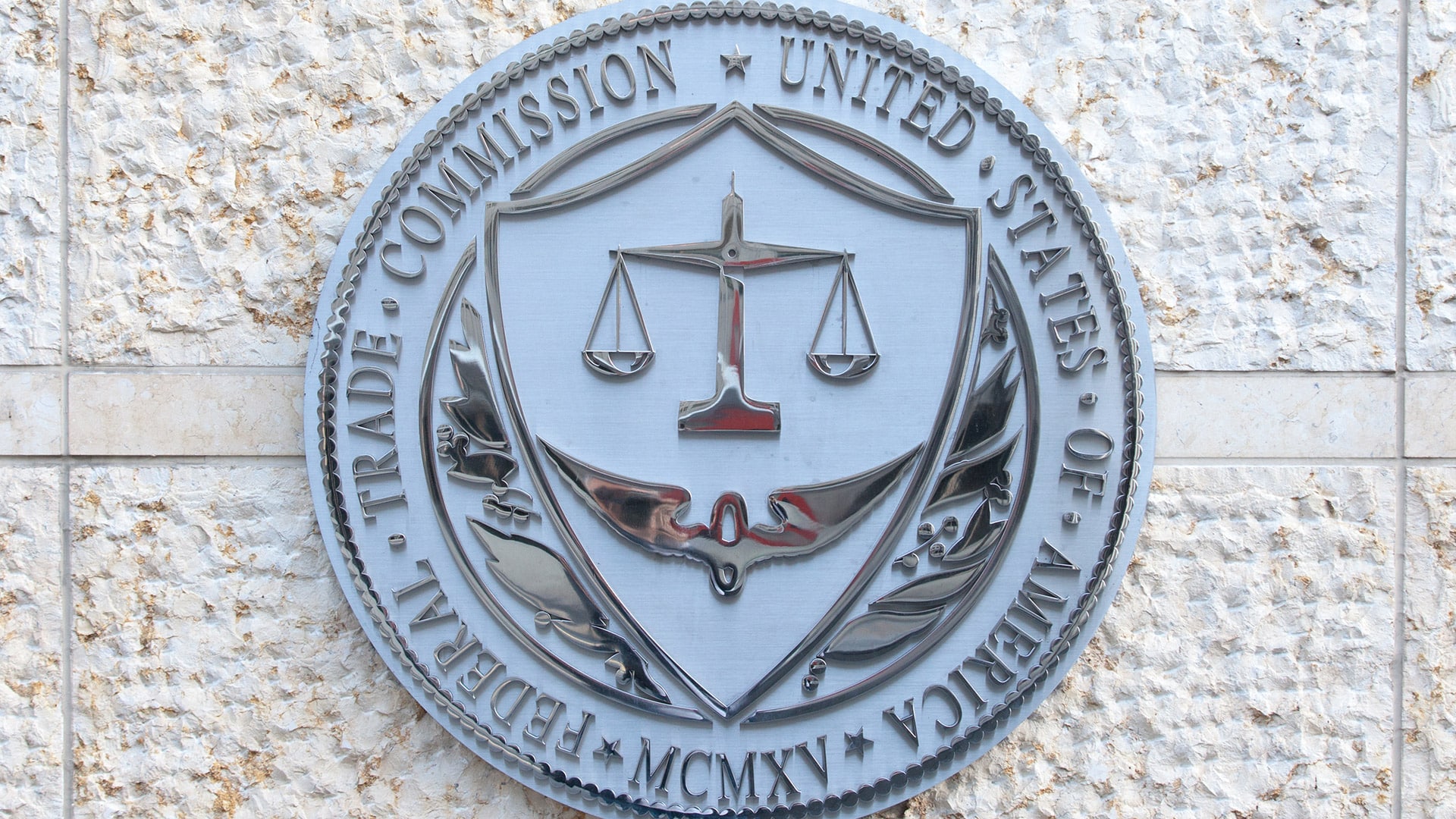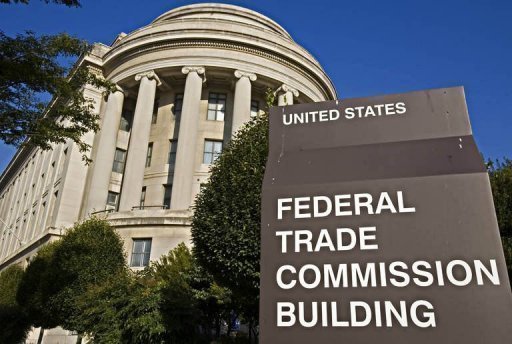Eleventh Circuit Vacates TCPA One-to-One Consent Rule Immediately Following FCC Postponing the Effective Date
On the eve prior to its effective date, the FCC’s One-to-One Consent Rule which sought to redefine the meaning of “prior express written consent” under the Telephone Consumer Protection Act, was postponed for one year by order of the FCC’s Consumer and Government Affairs Bureau. Just minutes thereafter, the rule was struck down by the … Read more










